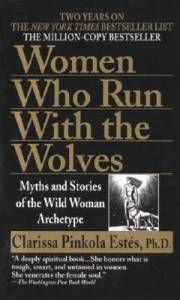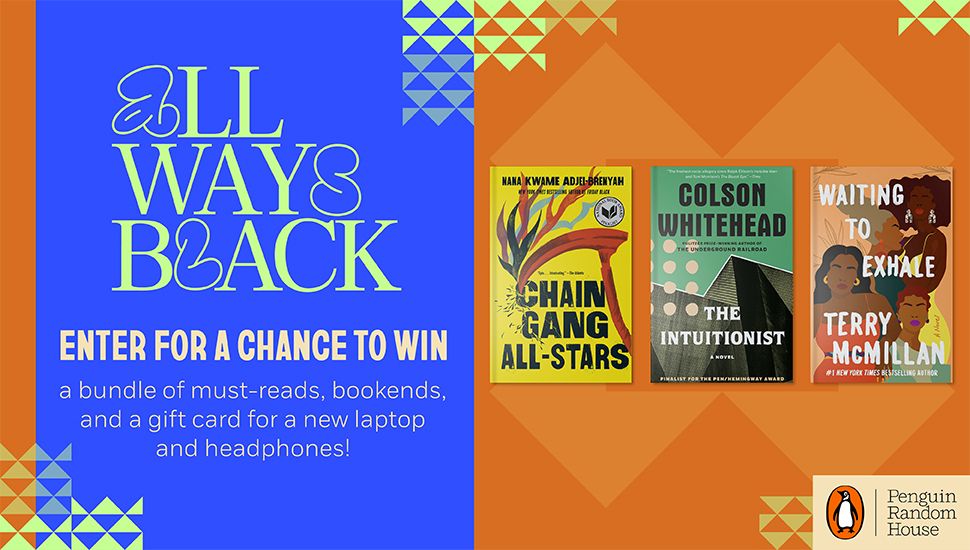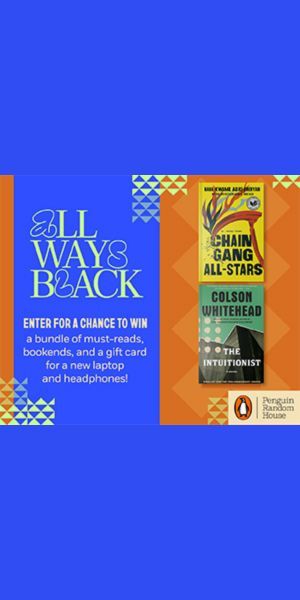
I Went to a Bibliotherapist and This Is What Happened
While we at the Riot take some time off to rest and catch up on our reading, we’re re-running some of our favorite posts from the last several months. Enjoy our highlight reel, and we’ll be back with new stuff on Monday, July 11th.
This post originally ran March 25, 2016.
Bibliotherapy – using fiction, poetry, or other written texts with a view toward the improvement of overall mental health – has been receiving a lot of attention lately. From Stephen Fry’s thoughts on literature and living with bipolar disorder to “fixing your life” with Virginia Woolf, people are seeing the tangible personal benefits of reading.
And that’s great! You wouldn’t have a hard time convincing an avid reader that books are tools for life (not just escapist entertainment or exercises in abstract thought). However, there remains some speculation as to what bibliotherapy actually is.
Here are some diverse examples of things you could call bibliotherapy: 1) Reading self-help books as a form of individual therapy. 2) Participating in a group that reads fictional and informational texts on depression and anxiety as an extension of other treatments. 3) When your local librarian tells you to check out Little Women‘s Jo and Laurie to help you navigate an awkward bout of romance in your friendship. 4) When you’ve had a bad day so your best friend (or Tom Hiddleston) reads Derek Walcott’s poem “Love After Love” aloud as you close you eyes and concentrate real hard on all the feelings in your heart. (PS – I recommend that last one for curing the blues. It is better than wine.)
You’ll notice those things are all very different from one another, and you’ll notice that they seem to apply to a range of mental health issues.
One of the great things about bibliotherapy is its openness. The basic principle – that reading books helps you to “read” your life, and so allows you to better understand it and to live it more fully – can be brought to many situations. But one of the downsides to this openness is that the practice is not highly standardized. You don’t really know what you’re in for if you consult a bibliotherapist (which can be problematic).
So, as someone who spends most of her life in the fictionsphere (which is like the atmosphere but with more plot twists), I was curious to see what all the buzz is about.
I went to the office of the wonderful Katy Roy, who founded La Bibliothèque Apothicaire (The Apothecary Library) in 2009 and continues to practice in the Eastern Townships of Quebec. She is trained in literature and in psychotherapy, and our time together felt like something halfway between a “session” and a good book chat.
After initial greetings, she asked me if I was interested in exploring any particular problems or emotions. “Well, I am finding motherhood un peu difficile.” (You know, as compared to the grand and glorious fête I was expecting from life with a newborn.) She listened and jotted down some quick notes. But what happened next is what makes bibliotherapy so terribly cool (especially if you, like me, aren’t that excited to go talk about your feelings with a stranger). Instead of silently waiting for me to elaborate, to say more about my own life, Katy got out a book, and started reading to me.
Most of us don’t realize that it has been decades since we’ve been read to. Unless you regularly hear sermons on a Sunday morning, you can go the entirety of your adolescent and adult life without anyone reading you a story, which is actually a terrible shame because it is lovely.

Symbolically evoking the process of dying, the tale also draws upon certain archetypical ideas of motherhood. So as a follow-up exercise, I was asked to close my eyes and imagine a mother holding her infant – another archetype. To be completely honest with you, visualization exercises are the kind of thing that would normally have me rolling my eyes like an obnoxious teenager. But Katy’s cool, and I temporarily forgot my snarkiness, putting forth my best effort when she got me to tell a story by asking questions: What are the they doing? Is there someone else in the room? What kind of furniture is there? (That story was mostly about a mother walking from room to room, trying desperately to locate a chair with decent lower back support and comfortable armrests.)
Here’s what I found so unique about Katy’s approach. I heard a story, and then I told a story, and then we talked about how the two stories were related, and not once did I have to talk about my feelings. Not once. At times it felt less like a therapy session and more like a discussion from my undergrad lit courses – and for me, that’s all the better. Making observations about people who are not you is a low pressure situation, and it’s even better if those people exist in some kind of timeless, placeless realm that is completely disconnected from your life.
Yet those seemingly disconnected fictional characters can tell you so much about your experience of the nonfictional world. I didn’t even realize how tired I was until the exhausted old man in the woods swatted away branches and peered into the darkness and I thought, “Yeah, I know man. Right?”
One of the reasons that bibliotherapy seems to be more common practice with the younger set is that children and adolescents are still learning how to talk about their feelings in a way that makes sense. But I have news for you. Adults aren’t so great at it either. Hence the great genius of using literature as a therapeutic tool for all ages.
When I say I didn’t have to talk about my feelings, that doesn’t mean that the experience lacked emotional depth. Actually, it was quite moving. But that’s the thing about reading. Fiction has the benefit of allowing you to momentarily bypass the overwhelming burden of the self. It’s not about you. And yet it is. Bibliotherapy rests on the principle that the story will always be what you bring to it.











